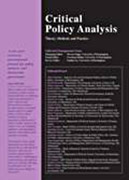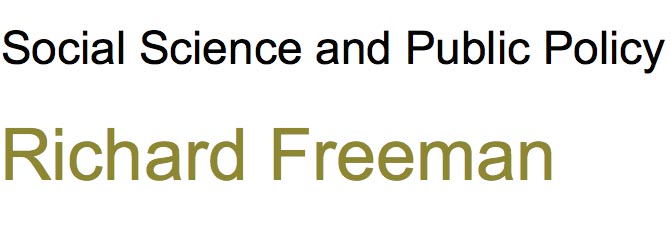 It has become something of a truism that organisational and political environments are internationalised, and that policy making is informed at least in part by increased understanding of what takes place in parallel domains and jurisdictions. Leaders and policy makers learn about, from and with their counterparts elsewhere. By the same token, the international meeting, workshop or seminar has become a more prominent part of professional, organisational and political routines. This paper asks simply: what do we learn by meeting? While both learning and meeting can be readily dismissed as operations of a crude construction of power, the paper is interested in what might remain. It is notable, for example, that international encounters are often highly valued by participants, albeit in ways they find difficult to express. What do participants experience in meeting, and what do they know differently as a result? Drawing on seminal work by Margeret Mead and others, and using ethnographic and documentary methods, the paper describes processes of introduction, presentation, recognition, confusion, socialisation, communication and reporting. Conceived as a microstudy of purportedly macrolevel activity, it is meant both as an exercise in analytic interpretation and as a resource for participants and practitioners.
It has become something of a truism that organisational and political environments are internationalised, and that policy making is informed at least in part by increased understanding of what takes place in parallel domains and jurisdictions. Leaders and policy makers learn about, from and with their counterparts elsewhere. By the same token, the international meeting, workshop or seminar has become a more prominent part of professional, organisational and political routines. This paper asks simply: what do we learn by meeting? While both learning and meeting can be readily dismissed as operations of a crude construction of power, the paper is interested in what might remain. It is notable, for example, that international encounters are often highly valued by participants, albeit in ways they find difficult to express. What do participants experience in meeting, and what do they know differently as a result? Drawing on seminal work by Margeret Mead and others, and using ethnographic and documentary methods, the paper describes processes of introduction, presentation, recognition, confusion, socialisation, communication and reporting. Conceived as a microstudy of purportedly macrolevel activity, it is meant both as an exercise in analytic interpretation and as a resource for participants and practitioners.
Source: Critical Policy Analysis 2 (1) 1-24
